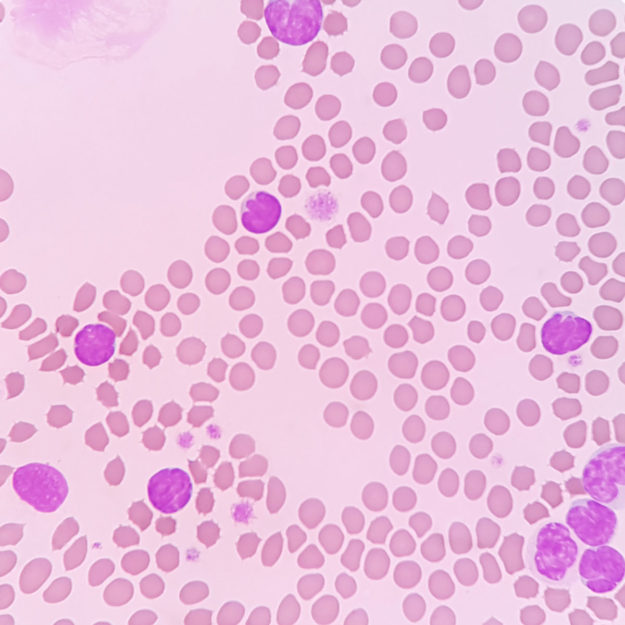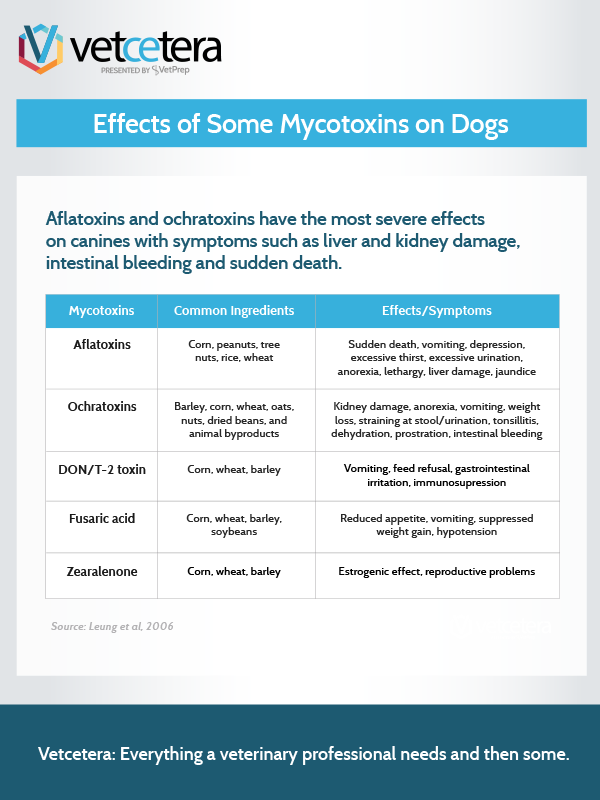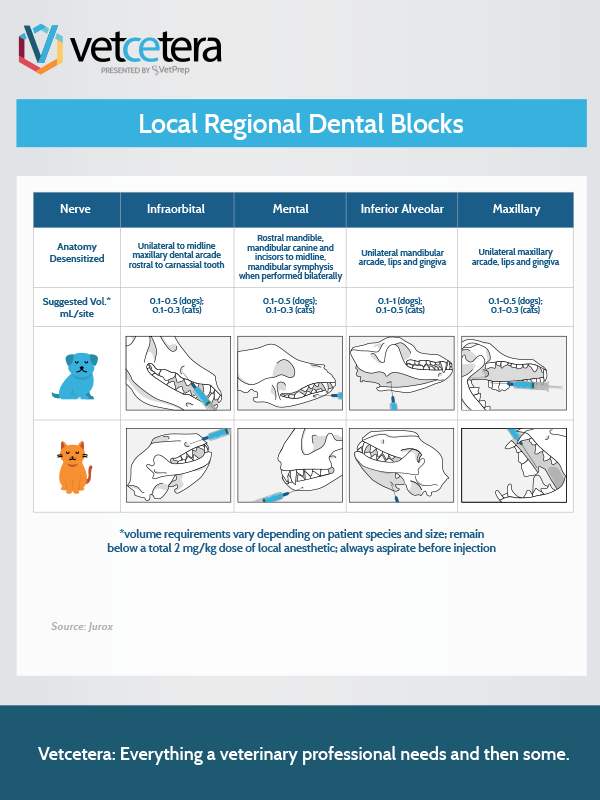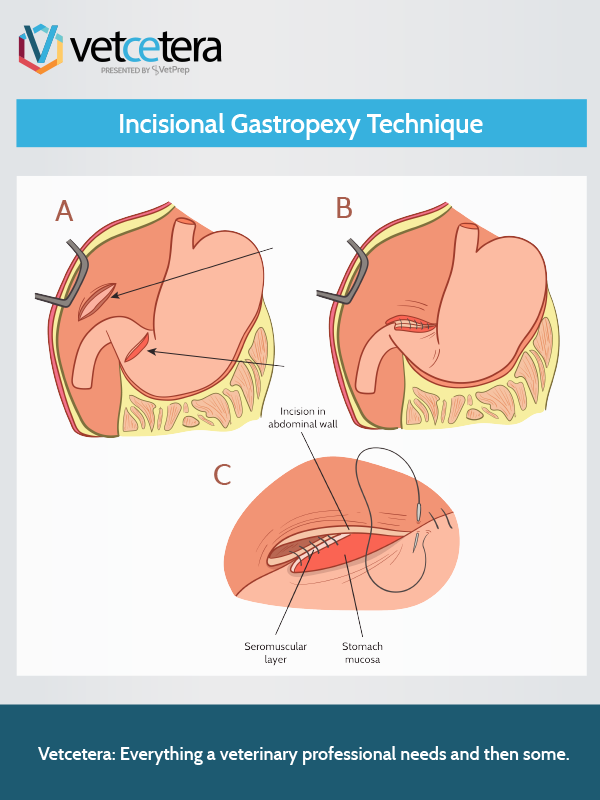Compassion Fatigue : The Many Faces of Mindfulness
Compassion fatigue is a state of mental and physical distress that occurs when caregivers are chronically exposed to the suffering of others. Symptoms of compassion fatigue vary and might include exhaustion, frustration, depression, apathy, headaches, gastrointestinal distress, sleep disturbances, intrusive imagery, and fear. Compassion fatigue is a state of mental and physical distress that occurs when caregivers are chronically exposed to the suffering of others. Symptoms of compassion fatigue vary and might include exhaustion, frustration, depression, apathy, headaches, gastrointestinal distress, sleep disturbances, intrusive imagery, and fear. These negative effects worsen over time if the underlying cause is not addressed.










